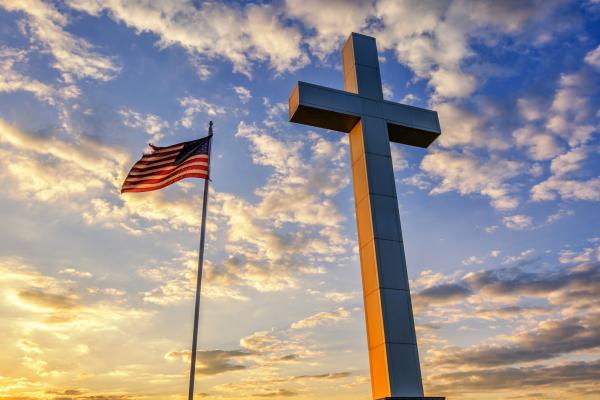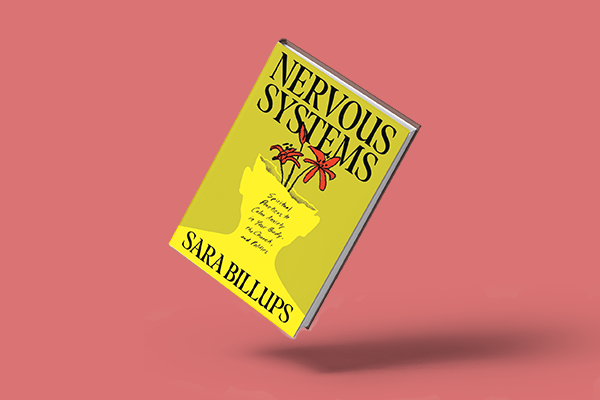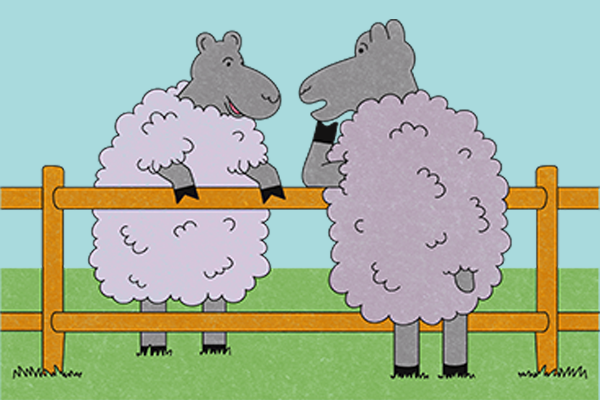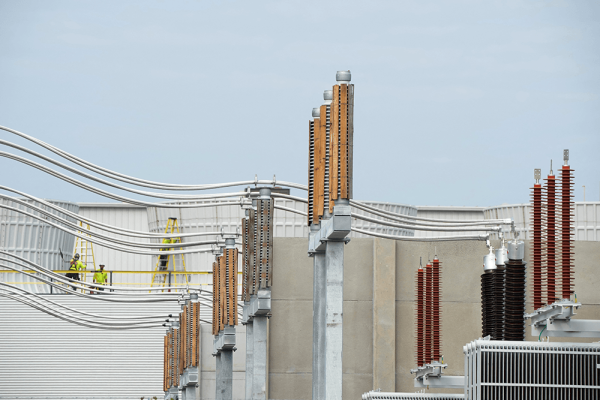I SPENT MOST of my childhood in a Methodist church, but I didn’t learn the liturgy. It was sung in Korean, and as soon as I started kindergarten, I exchanged fluency in my original language for assimilation. My parents did their best to teach my sister and me as much about our language and customs as they could, but they had to teach us in between their own assimilation for survival. It wasn’t until years later, when I was on a campus ministry team that sang from hymnals and overhead projectors, that I connected the Korean words of my church upbringing with a Korean-American faith.
As I’ve begun working through the personal cost of assimilation, I’ve looked at the price the church is paying for its own assimilation. At the sound of that, you may think that the rest of this column focuses on legalized abortion, same-sex marriage, and maybe even immigration and border security. Well, it does and it doesn’t.
I wonder if white evangelicalism has thought of itself as the underdog, the persecuted, and the eventual white savior in order to assimilate into a Western culture that glorifies winning, beating all odds, and rising as the unexpected hero. How can this country simultaneously be a Christian nation and persecute Christians? Neither is accurate, but both claims are invoked in modern politics and the rhetoric of white evangelicalism—where white evangelicals assimilate into a blind patriotism that ignores history and orthodoxy.
This comes to mind as I consider my dislike for the commercialization of Christmas (more emphasis on Advent and less on gifts, please), Easter (Can we cut out the church-sponsored egg hunts, unless someone can provide statistics on how they increase new membership or facilitate intentional spiritual conversations?), and St. Valentine’s Day, a Christian feast day that in today’s watered-down, nondenominational yet distinctly evangelical church has become another excuse to glorify romantic love.
Why is that? Why do we U.S. Christians—not just white evangelicals—allow the church to assimilate into a culture that glorifies a temporary romantic love rather than an enduring one that sacrifices to the point of death? Why are some pastors reluctant to preach against implicit bias (Jesus gives us great examples to work with) but fine with upholding marriage as the earthly ideal? (I’m sure the apostle Paul had some thoughts on this.)
My working theory is that the church has done what it thought it needed to do to survive without stopping to consider the cost of assimilation. And in its fear of failure, it refuses to acknowledge its past mistakes.
Among the gifts my parents have given me over the years are apologies, moments when they acknowledged their failed attempts at something and provided a hopeful way forward. Their apologies aren’t frequent, but they are meaningful, marking shifts in our relationship and understanding of each other. Perhaps the white evangelical church could learn a thing or two from the example of two Korean immigrants.
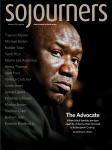
Got something to say about what you're reading? We value your feedback!
